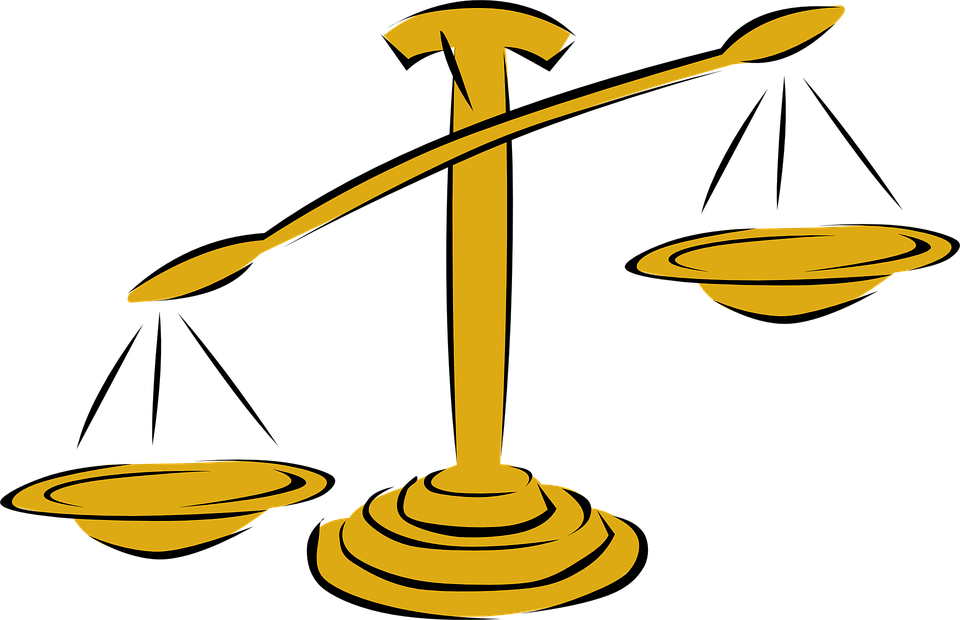Are you looking for a competent judge to handle your case or are studying to become a magistrate?
The following are the characteristic of a good judge you might want to know beforehand
Prevalence Of ethical soundness
 As taught by the Romans, and confirmed by the most prestigious judicial powers, the ethical quality of the members of a Court directly contributes to its legitimacy as an institution. That’s why they pointed out that the first characteristic of a good judge is to be a “good man and a legal expert.” Citizenship requires that judges have above average ethical qualities. They are also required to have unique personal characteristics, to be prudent and farsighted, modest, discreet, with personal honesty, real independence of thought, fine political sense, exemplary, hardworking, educated, knowledgeable about the history, capable of teamwork and open to dialogue, thoughtful, brave and determined.
As taught by the Romans, and confirmed by the most prestigious judicial powers, the ethical quality of the members of a Court directly contributes to its legitimacy as an institution. That’s why they pointed out that the first characteristic of a good judge is to be a “good man and a legal expert.” Citizenship requires that judges have above average ethical qualities. They are also required to have unique personal characteristics, to be prudent and farsighted, modest, discreet, with personal honesty, real independence of thought, fine political sense, exemplary, hardworking, educated, knowledgeable about the history, capable of teamwork and open to dialogue, thoughtful, brave and determined.
True judicial leadership
A judge must be first and foremost a true leader. The commitment to citizenship and justice is essential for the exercise of their profession. Judges should feel proud of their profession and must be providers of the best moral values and an example of courage. A judge needs to be prudent to perform this profession with impeccability and must have a clear view on the powers of his office, the importance of the place where he is in and should know very well all the institutional managements to act accordingly.
Pluralism and integration
In this point the question of achieving a varied composition of ideological and diverse career paths in the Supreme Court arises. The best situations have occurred in the time when the Court has exhibited a diverse composition including politicians, professors, professional judges, lawyers and militants. Judges must have lucid legal and political commitment to properly perform the function of government control. That sensitivity will allow a judge to exercise correctly the control of state acts, placing the court in the proper institutional position to each circumstance. Maintaining a real independence of judgment, dynamically interpret the text of the Constitution, weigh the social consequences of their decisions, solve problems rightly and give meaning to the political significance of the judicial mission. As noted by the jurisprudence of the Court, it is appropriate that its members have adequate legal and political sensitivity.
Adequacy and excellence
 The suitability and excellence are specified in academic or intellectual conditions and personal and moral values. Impartiality and independence are translated into these same personal values, but also in the vocation and courage of the judge, which is required so that he can face the pressures from individuals or groups of power. Also, a judge must have the good scientific knowledge required for the proper execution of legal science. The act of judging is the realization of a state function that does not involve anything other than the application of law to resolve disputes between individuals, or between them and the State, in compliance with the law to ensure public interest in all its different manifestations – security, tranquility, health, urban order and environmental, – and respect for fundamental human rights – life, human dignity, liberty, property, education, health and social security.
The suitability and excellence are specified in academic or intellectual conditions and personal and moral values. Impartiality and independence are translated into these same personal values, but also in the vocation and courage of the judge, which is required so that he can face the pressures from individuals or groups of power. Also, a judge must have the good scientific knowledge required for the proper execution of legal science. The act of judging is the realization of a state function that does not involve anything other than the application of law to resolve disputes between individuals, or between them and the State, in compliance with the law to ensure public interest in all its different manifestations – security, tranquility, health, urban order and environmental, – and respect for fundamental human rights – life, human dignity, liberty, property, education, health and social security.

